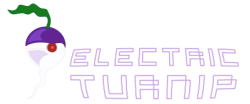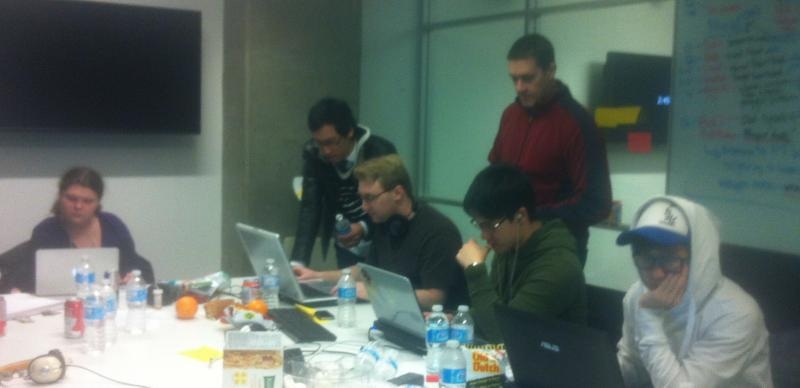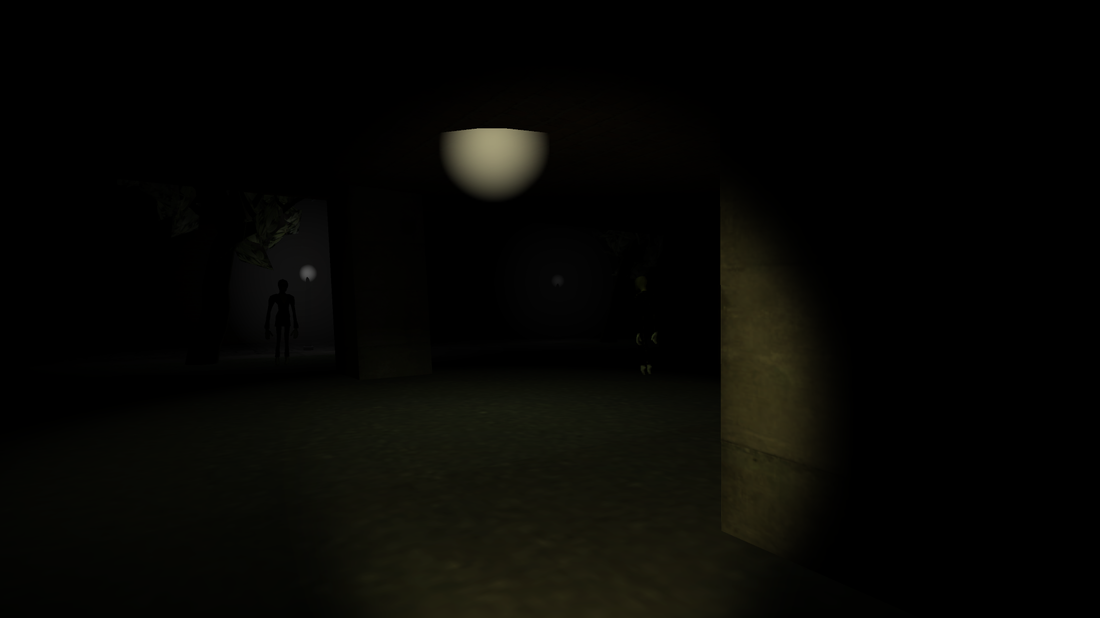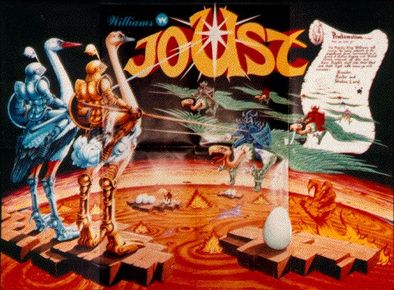|
Global Game Jam 2013 Over this past weekend I had the honor of working with this talented and dedicated team of people. From the looks of this picture we are all well hydrated. In just shy of 48 hours we met, came up with an idea, learned some new tools, and put ideas and tools together to make a game. Or at least the strong beginnings of a game. You can download and play the game on the Global Game Jam site (currently windows only) and find out some more about the people that made it. Put on your headphones, turn out the lights, and enjoy Mortuus Cor. Thank you to Jacky Chiu, Sean Chow, Krispin Davies, Nicholas Yee, Jessica Luit, and the organizers of GGJ2013.
update: here is a link to a version you can play in a web browser Mortuus Cor
0 Comments
10000000, ideas, and open development
When I played 10000000 two things went through my head. First, this game is brilliant. It is simple and accessible enough that my whole family could play it, but addictive enough that we kept coming back. My second thought was, "dammit, he beat me to it". I try not to treat ideas very preciously. If I come up with an idea that I think is good I would rather give it to someone who might use it than keep it to myself to gather some sort of glory down the line. That glory never comes, and I'm honestly not certain I would want it if it did. Sounds like a lot of hassle. Oh and then there is this. I know all my good ideas are stolen. My head is a labyrinthine mess of minutia and non sequiturs. Bits of old superhero comics, video games, tv shows, books, and, to a lesser extent, actual, useful facts all swim around In my thought soup playing free association with each other. Considering a development challenge will just as often lead me to thinking about 6 panels of a Wolverine from 1991, a videogame I played in a rink in Sylvan Lake, or some quick fix I had to pull on a car 15 years ago. All equally valid solutions to the problem as far as I'm concerned. Typically it is some artisanal blend of distantly recalled pop culture, and physical manufacturing, that solves most problems. Surpassing any skill I may have gained from toiling at many jobs, (That’s a Fugitive reference. See. Still stealing ideas) I have a definite aptitude for combining seemingly disparate things to make new things. I’m not unique. I get the impression, mostly because people tell me, directly, in almost precisely these words, that a lot of creative people think in exactly the same way. There is a community of "makers" growing. They are a tribe of people connected almost solely by this affinity for combining ideas. The further afield the ideas that you are appropriating, and fusing, the better. I grew up on a farm, where being a ‘maker’ is encoded at a genetic level. It’s probably the same at most farms around the world. In fact a good portion of people who didn’t grow up on a farm probably do the same thing. I’ll broaden that out a bit more. Maybe it’s a human trait, to want to combine different ideas to make new ideas. In any case, I’m not unique. I thought “dammit, he beat me to it”. The it in question was a basic premise for a game. A protagonist, moving from left to right, that you don’t directly control, but instead, help through an adventure, by manipulating a puzzle type game lower down on the screen. This one, run on sentence description could sum up Adventure Caddie. The loose design document that I started putting together was created in November of 2011, and the prototypes predate that, so I had been working on for quite a while by the time 10000000 launched on the app store. For a short time, I was gutted. The two games shared a lot, and Luca Redwood’s game was so very good. People would certainly think I stole his ideas. Of course, this also meant something else. The core idea of the game worked. It was fun. To tell the truth there is only a very superficial similarity between the two games. Much in the way as say, Mario and Sonic are the same. What seems to have happened, as often happens, is that we both went to the well of ideas and pulled up a similar bucketful. While I don’t know Luca Redwood, it does seem reasonable that we probably share many pop culture influences. He may have played Puzzle Fighter, puzzle quest, and lemmings. I felt these were sources worth stealing from, why wouldn’t someone else. Now 10000000 exists in the world. Its a great thing too. Other people down the line will use that game and maybe something they learned while working on a tractor, or a fishing boat, to make the next great thing. Anything created carries the imprint of it’s influences forward. Nothing is created influence free. As I continue to wrestle with this concept of more open development, it’s a constant battle to resist the impulse to protect ideas as valuable commodities. Truth is, we all go to the same well for our ideas and the odds are pretty good that someone similar to me, or you, might come up with the same ideas. When many people, isolated from one another, come up with similar ideas, and then act on them, we are probably on the right track. There is no reason to be discouraged, at least not to the point that we stop making what we are making, when we see that something similar has already been done. The proof of concept is out of the way. It works, and it’s fun. Now it’s time to see what we can bring to it. What I can bring to it. If you have an IOS device, you should probably go get 10000000. It’s great. Update: looks like 10000000 is now on Steam. so head over there if you want to play it on your computer. A little bit ago, my oldest son said he wanted to program something. While the thought of passing on my love of techno geekery had me overjoyed, I knew that there was no way he would stay focused long enough to really grasp loops or variables, or why they are important. At least not yet. It was almost 30 years ago that I first learned "basic" on a Timex Sinclair 1000. I pined over that computer. It sat on display atop a washing machine at the local appliance store / hobby shop. I’m not sure if many other kids my age saw it as more than just some odd curiosity. A ruthlessly complex speak and spell, that could neither speak nor spell. I had probably crossed some line with the proprietor of the store, and rather than wipe my drool off the machine, my parents purchased it for me as a gift. It came with 2K of ram, and a 16K ram pack that would occasionally fall out, resetting the machine. Programs to run on it were printed out in a couple of books with names like 70 games for the Timex/Sinclair 1000 and 1500. The first time my dad and I took a spin at typing in one of the games we had no Idea what any of these commands meant or did. We just took turns reading from the listing or blindly pressing characters on the membrane keyboard. Not understanding the weird, context sensitive keyboard layout, or that we had to press enter at the end of each line, we just punched everything in as if it were just one long line of text. Of course the program didn't run. Also, since the input buffer was full, each time we pressed a key the whole screen would redraw slowing everything to a crawl. Several hours later, we managed to get one simple game called Alley Driver working.
Over the next year or two, I would type in all but the most daunting or dull of the programs in those books. many times. I would attempt to record some of them onto audio tape, usually rendering them irretrievable. Through sheer repetition, and some form of digital osmosis, I gradually learned what most of the basic commands meant and did. Tweaking those programs to do slightly different things became a more enjoyable hobby than actually playing the games. The games were all pretty terrible. I made many, many versions of Alley Driver. When I went to look for simple, kid friendly, programming environments for my son and I to play with, it was like backing up a dump truck. Where I had a few books and an inscrutable interface to deal with, we now have drag and drop, visual editors like Scratch, Lego Mindstorms, and Alice. Not only are these programming environments very easy to use and understand, but they teach much more relevant and complex concepts than good old basic ever did. Object oriented programming, loops, and recursion are all represented visually. And we all know what a picture is worth. My son is still not on board with deciphering the deeper concepts of programming, but when he is ready, I’m pretty sure he will have an easier time of it than I did. There is no need for some bizarre comp-sci rosetta stone. Basic has been superseded by more abstracted, but also more easily understood, beginners programming languages. Actually, I take back the “beginners”. Aside from nostalgic curiosity, there is no longer a reason to cram a program down into 2K of ram. As computing power increases, so will the viability of using drag and drop, visual programming environments to create actual applications. Applications that people will buy, sell, and use. These aren’t just tools that kids use until they graduate to a “real” programming language. Go download Alice or Scratch. They are not dissimilar to what “real” programmers will be using in the future. |
Archives
February 2024
Categories |
Owen McManus




 RSS Feed
RSS Feed